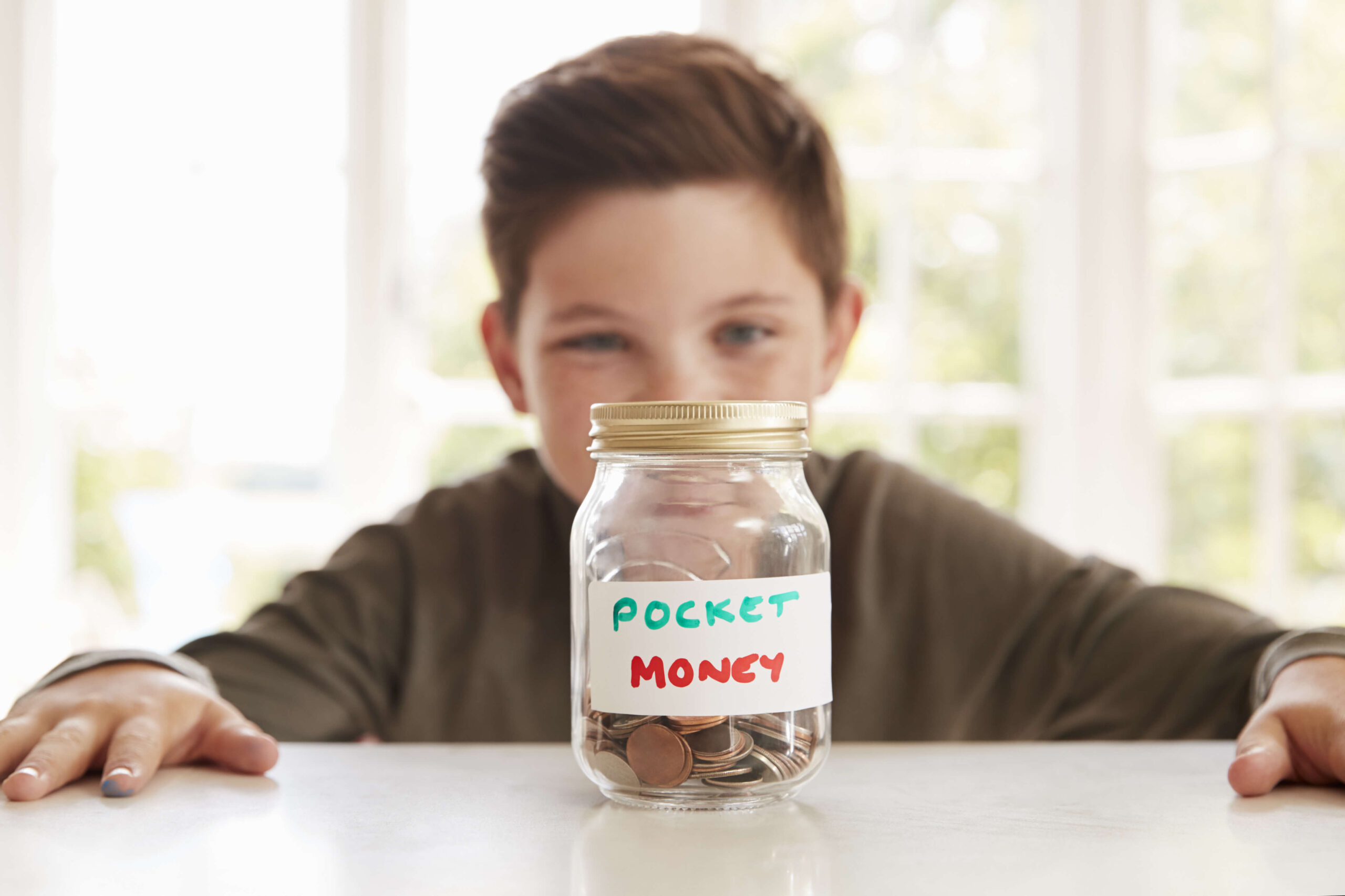
Should you give your child pocket money or not? This question sooner or later arises in every family with preschool or school-age children. If parents decide to give money to a teenager, how do they know exactly how much to give, and how often to do it?
Do Children Need Their Own Pocket Money?
Specialists in finance and psychologists believe that children need to be taught to manage money properly. That’s why it’s necessary to give small amounts to schoolchildren. Children need to be explained where money comes from in the family, how it’s earned, what it can be spent on, and how to spend it wisely.
It isn’t necessary to rely entirely on financial literacy lessons at school. A parent should help a student understand how personal finances work. The child will build on the habits established in childhood as they begin their independent life as an adult. Discuss together what a financial safety cushion is, why it’s needed, how to save properly, how to save for financial goals, why to invest and how to do it wisely.
Having your own money will allow your child to learn how to spend it, set financial goals, and plan a budget. The teenager will be able to decide for himself whether to buy a new notebook now or set aside a portion of the amount for a new smartphone to give himself a birthday present.
What Happens if You Give Kids Money
Giving kids cash will teach them new things. Here are a few pros of such a decision:
- Money teaches you how to make decisions. You can use it to teach independence. When given cash, a child can spend it all on candy or save it for something important, like an adult will save on activities provided by https://22bet.com/casino/ or Netflix.
- Money teaches you to set goals and achieve them. If a teenager wants to buy a game console, he will have to set a goal, calculate the time to achieve it, the final amount of the goal, and then – learn to save, saving little by little.
- Disposal of money helps to realize their value. A child will quickly realize how much time and effort it takes to save a large sum and will be more careful with money.
- Money gives confidence. A schoolboy will feel like a real adult when he has cash in his pocket. He will feel more confident in the company of his peers if he can pay for himself. If he or she learns to plan a budget, set financial goals, and work toward them, he or she will believe in himself or herself and in his or her own abilities.
But the decision to give money to a child can have negative consequences:
- A high school student could lose cash or a bank card. To prevent this, you need to teach him attentiveness, responsibility. Ask to put the money in a purse, and keep it in a buttoned backpack.
- An excessive amount of money will spoil the child. If you give too much, the teenager will think that it is easy to earn any amount. Such a child will not develop financial literacy, he will not learn to save. To prevent this, you need to set a limit on daily, weekly or monthly spending.
- Money can become a tool for manipulation. Parents will be tempted to punish with money: to limit pocket expenses because of bad grades, for example. It is better to give small sums not for something, but simply as a resource for learning personal finances, and not to punish financially for misdemeanors or failing grades. You don’t need to turn household chores into work – don’t pay your child to do the dishes.
When You Should Give Money to Your Child
Preschoolers can be given small amounts of money for small expenses: from the age of 6, a child can buy candy in a store by himself. The older the child is, the more money can be given to him – the increase in the amount should occur with the growth of responsibility.
How much money to allocate to the child, each family decides independently. It all depends on the combined income of the family. Some will be comfortable giving a teenager $10 a day, while others will give $100. Parents can find out how much money is given to their classmates, and give the same amount, so their child doesn’t stand out from the rest. Information can be obtained from the child, his friends, parents of classmates, or the homeroom teacher.









